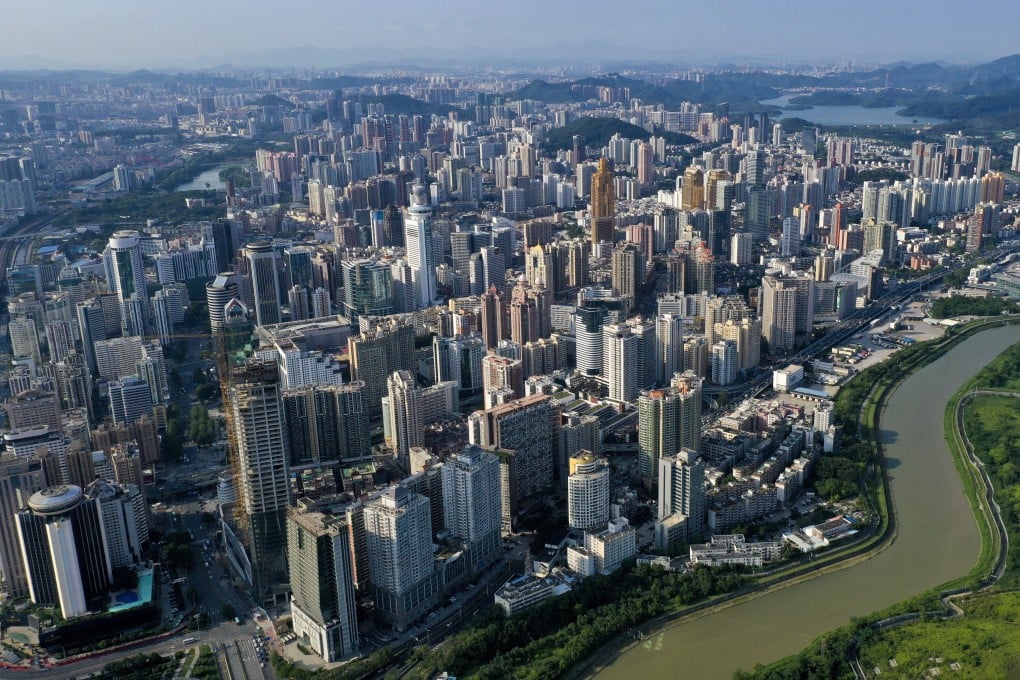China’s private education operators eye Greater Bay Area expansion, as economic hub attracts more talent and resources
- Hong Kong-listed Wisdom Education aims to build schools in all nine Guangdong province cities part of the development zone
- China Education aims to leverage shortage of quality colleges in the region

Private school operators are rushing to expand in the Greater Bay Area, riding on an increasing demand for quality education as talent flows into the 11 cities in southern China’s Pearl River Delta that have been tapped by Beijing to become an integrated economic hub.
“As the Greater Bay Area economy grows, we foresee an ever stronger and more urgent demand for high-end education,” said Li Jiuchang, the chief operating officer and executive director of Hong Kong-listed Wisdom Education International Holdings. “If the region wants to attract talent, it has to be able to make their children stay, by offering great education services during the primary to high-school period.”
Wisdom Education is already the largest operator of private elementary, middle and high schools in the southern province of Guangdong. Nine of the 11 bay area cities are in the province. The company is planning to add more schools in each of the cities, as well as a foray into tertiary education.
From kindergartens to colleges, private institutions have in recent years gained ground in China’s education system, which has long been dominated by public schools. The number of private institutions stood at 191,500 last year, making up more than a third of all such institutions in the country.
Unlike in the United Kingdom or the United States, the best schools in China – measured by students’ scores and resources – are traditionally government-funded. But the emergence of high-end private schools like the ones operated by Wisdom Education is drawing more parents willing to spend big bucks.
Four of Wisdom Education’s 12 schools are located in bay area cities such as Dongguan, Huizhou and Foshan. The company has plans to build schools in Zhongshan, Jiangmen, Guangzhou and Zhaoqing in the coming years, and aims to cover all nine cities, Li said.
